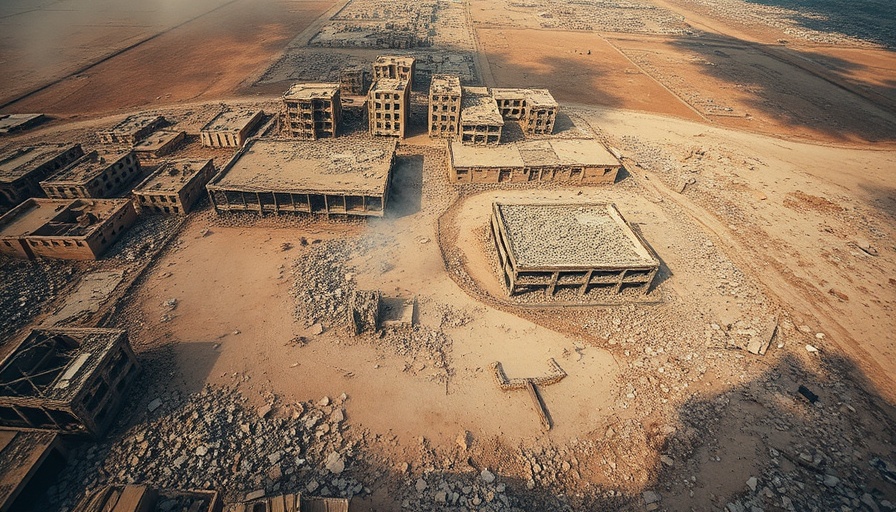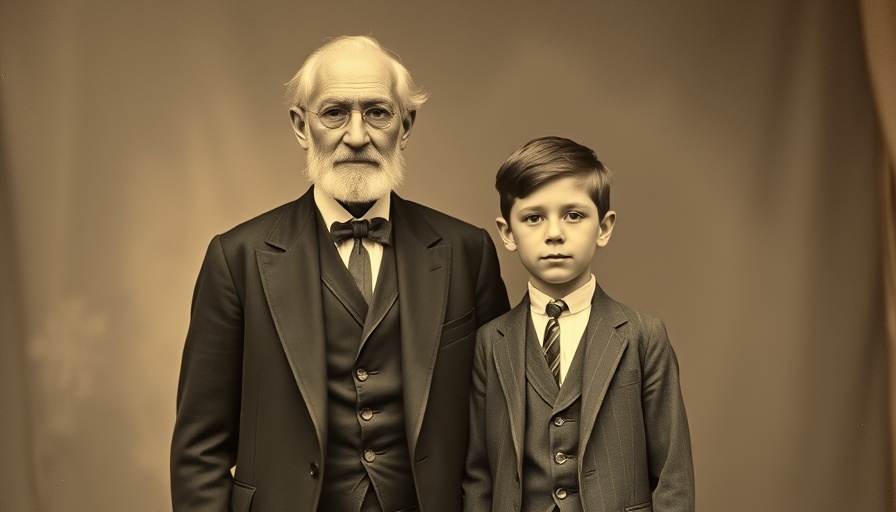
The Tragic Disappearance: Reflecting on the Loss of Rafah
The tale of Rafah, a once-thriving town, serves as a poignant reminder of the impact of conflict and political unrest. Our spiritual communities often resonate with stories that reflect the challenges of existence amid turmoil. As members of the Seventh-day Adventist faith community, we are called to remember and reflect on people and places lost, seeking to understand the broader implications of such losses.
Why Rafah Matters: A Spiritual Reflection
For many in our faith community, Rafah may seem distant, yet its story mirrors our shared experiences of despair and hope. It provides a critical lens through which we can examine our values, responsibilities, and the strength of our fellowship. Rafah's destruction sheds light on human resilience and the importance of advocacy for those whose voices are often silenced.
Understanding the Context: History and Heritage
Rafah, situated on the border between Gaza and Egypt, holds a rich tapestry of history that has been drastically altered by recent escalations in violence. The significance of this region cannot be understated – it has played a crucial role in the cultural and spiritual heritage of many. Understanding its history is essential for empathizing with its people and the sacrifices they have endured.
The Global Perspective: Learning from Loss
The loss of Rafah is not just a localized tragedy; it echoes a global narrative that highlights the plight of communities caught in conflict. As international actors intervene, it is crucial for faith-based organizations to leverage their platforms for advocacy. Our voices can support humanitarian efforts to rebuild and restore hope where it has been extinguished.
Actions We Can Take: Advocacy and Awareness
As members of the SDA community, we must engage with Rafah's narrative in ways that encourage action. This includes raising awareness about issues of injustice and advocating for those who are marginalized. How can we ensure that our collective cries for peace reach decision-makers? It begins with conversations, prayers, and informed actions grounded in our faith’s principles.
Community and Connection: Engaging in Dialogue
In the face of suffering, our community can find strength in unity. Creating spaces for dialogue can offer catharsis and connection. Organizing discussions about Rafah and sharing its stories fosters understanding and encourages a response marked by compassion rather than indifference.
Need for Healing: Supporting Local Outreach Initiatives
In light of such tragedies, there is always an urgent need for healing. Supporting local outreach initiatives that aid in refugee care and community rebuilding can empower those displaced by conflict. By contributing, we are not only aiding in recovery but also reaffirming our commitment to living out our faith through action.
Conclusion: Embracing Hope Amidst Despair
The loss of Rafah is a stark reminder of the fragility of peace and the weight of our collective humanity. As we reflect on this story, let it compel us toward action—whether through prayer, advocacy, or direct support to those impacted. In our pursuit of healing and hope, may we not only remember Rafah but also embody the change for which we long.
Embrace Your Community: Join the Conversation
Join your local Adventist community in discussing ideas on how to advocate for peace and justice in areas affected by conflict. Together, we can make a difference and inspire hope.
 Add Row
Add Row  Add
Add 




Write A Comment